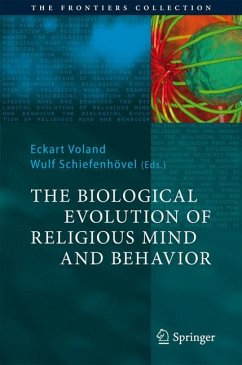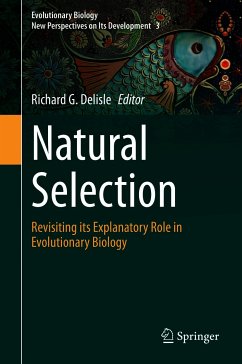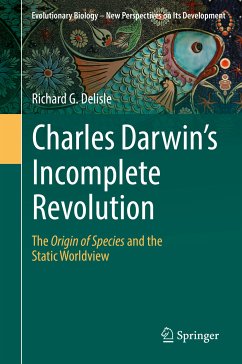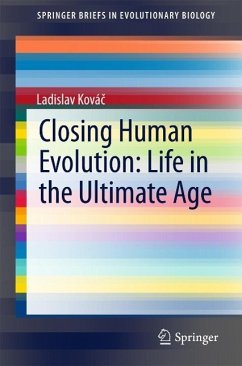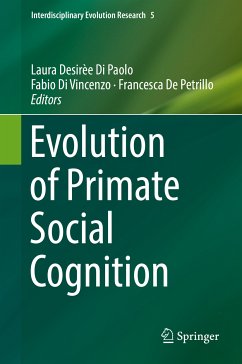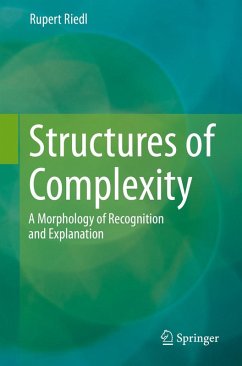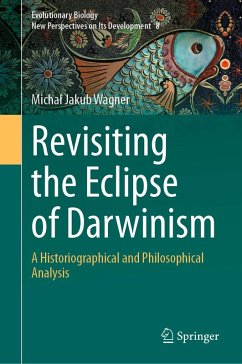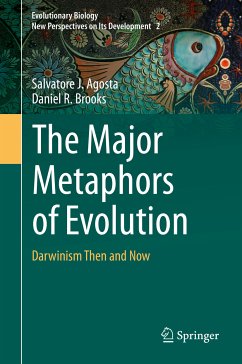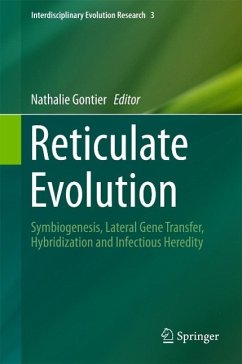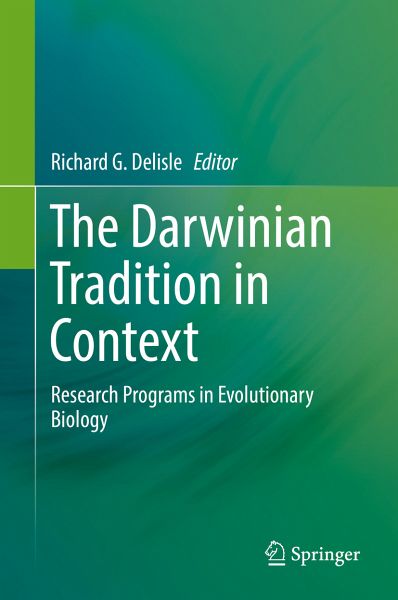
The Darwinian Tradition in Context (eBook, PDF)
Research Programs in Evolutionary Biology
Redaktion: Delisle, Richard G.
Versandkostenfrei!
Sofort per Download lieferbar
112,95 €
inkl. MwSt.
Weitere Ausgaben:

PAYBACK Punkte
56 °P sammeln!
First book ever to give such a broad overview of the main research programs in evolutionary biology in the twentieth century
Timely book to focus on "research programs" instead of themes, historical periods, or fields
Written by the best scholars of each topic
Timely book to focus on "research programs" instead of themes, historical periods, or fields
Written by the best scholars of each topic
Dieser Download kann aus rechtlichen Gründen nur mit Rechnungsadresse in A, B, BG, CY, CZ, D, DK, EW, E, FIN, F, GR, HR, H, IRL, I, LT, L, LR, M, NL, PL, P, R, S, SLO, SK ausgeliefert werden.



